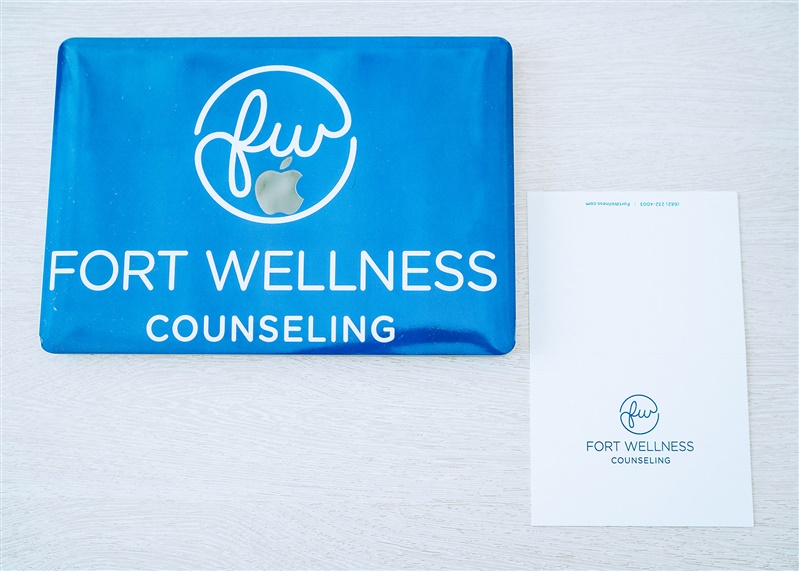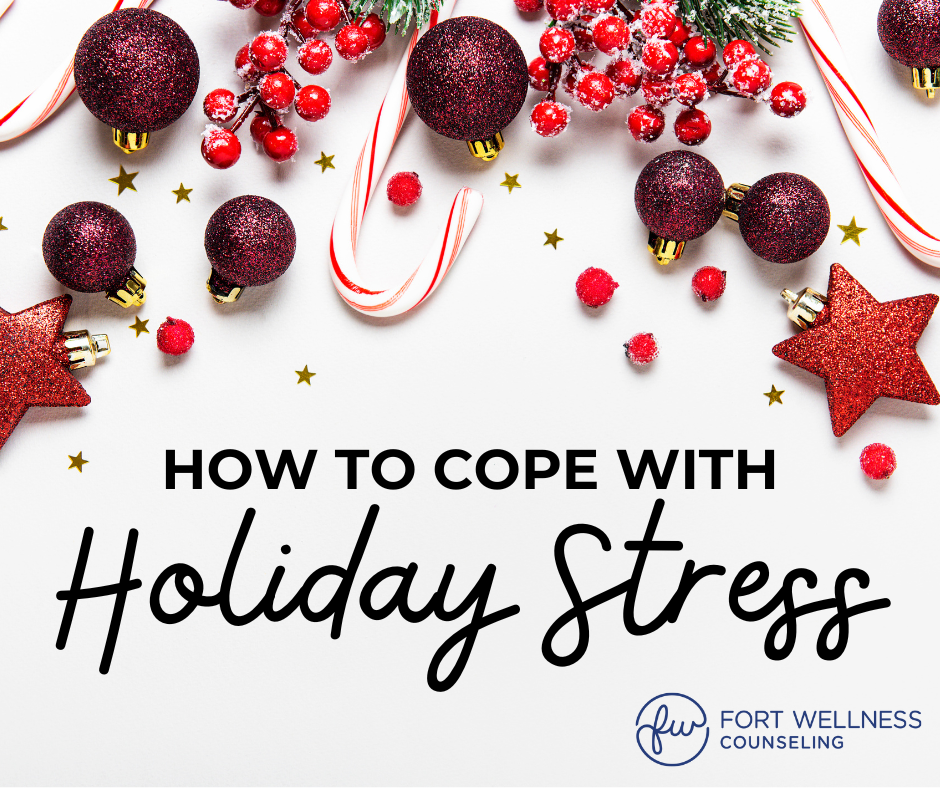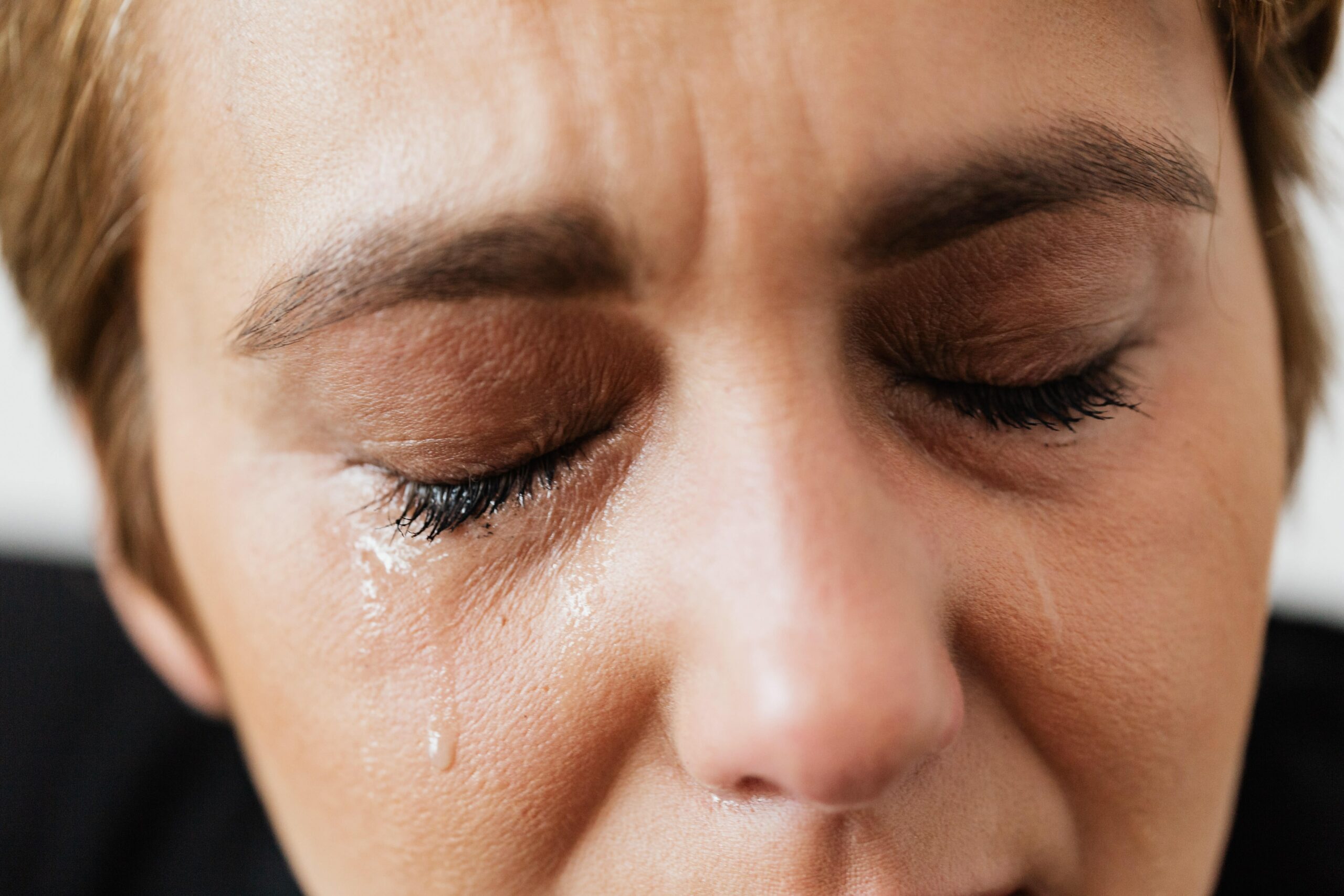
Family Vacations & Your Mental Peace: Strategies for Stress-Free Summer Travel
Family Vacations & Your Mental Peace: Strategies for Stress-Free Summer Travel By: Rane Wallace, MS, LPC, LCDC, SAP Of course, traveling with your family is

Many people have a difficult time truly understanding the continuum of addiction, through either drugs and or alcohol. It seems almost impossible to comprehend why some people become addicted to drugs and alcohol and others do not.
A lot of times you’ll hear people say things like, “Why don’t they just stop?” or, “They said they want to stop, so how come they just don’t?” It’s easy to think that the reason their addition continues is due to a lack in willpower.
Unfortunately, it’s just not that simple, or from a lack of trying. Drugs and alcohol can change the brain in ways that makes quitting drugs a lot harder than someone who drinks socially or uses recreationally. Addiction is a very complicated disease that requires interventions beyond willpower. Back in the 1950s, the American Medical Association classified alcoholism as a disease. Alcoholism is a progressive disease that has the potential to have devastating effects. While at the beginning of drug or alcohol use, choosing to say “no” might be easy, to others further into the cycle it is not that easy.
While there are some differences between the two, this article uses the terms “addition” and “alcoholism” interchangeable. Alcoholism is an addiction to alcohol, but not all addictions are to alcohol.
Continuum means that something changes in character gradually over time. These changes result in different stages throughout the process. According to research, there are several stages in the continuum of addiction. These stages are, in order: abstinence, experimentation, abuse, dependence, addiction, and death. Here’s a quick explanation of the progression of addiction:
The first stage in the progressive model of addiction is just simply not using at all. This is the time period prior to any type of use whatsoever.
This is the first time that people use and usually has to do with curiosity in social settings and is amplified with peer pressure. While some use because they are curious and for social reasons, others might use as a way of acting out. Another potential reason is due to emotional problems, such as problems dealing with grief and loss or feeling lonely. More often than not, the ones that use for the emotional reasons have a higher likelihood of progressing in this stage.
Substance abuse is simply the continued use despite negative consequences. These consequences can be a failure in fulfilling major role obligations at work, school, or home. It can also be continued use despite legal problems, despite persistent and recurrent social or interpersonal problems.
Dependence stage is a big shift. This is notably defined with the onset of increased tolerance and withdrawals. The want becomes a need. Tolerance can be defined as the fact that it takes more and more to get the same effect. For instance, 2 drinks to get a buzz now takes 4 drinks. Tolerance can also be defined as a diminished effect. The diminished effect can be that no matter how much the person uses they are no longer able to get the same desired effect. Withdrawals can be physiological and psychological. The withdrawal symptoms vary depending on the substance and as a general rule of thumb whatever effect a substance has going into the body will have the exact opposite effect going out of the body.
This is when the substance takes priority. It is when the substance causes people to do things that they otherwise never would have done. Just because someone is “highly functioning” doesn’t mean that they cannot have a problem. Chronic drug use leads to individuals having a clouded perspective that shifts what is actually reality. There’s a good chance the “highly functioning” is not the work output the person would be doing if they were on their “A game.”
Unfortunately, addiction can lead to death and can have an extreme impact on individuals, families, and society as well. Whether it is from an accidental overdose, liver failure, heart attacks or other major health problems caused by chronic drug or alcohol use, thousands of people die every year from the fatal disease of addiction.
If you or a loved one is struggling, I highly encourage you to reach out for help. Chances are if you are questioning whether or not you should reach out, then you should. The severity of the presenting issues will dictate the type of substance abuse treatment that is needed. Treatment options range from inpatient treatment in a residential setting to outpatient therapy. The bottom line is that if it is causing problems in your life, I would highly encourage you to reach out to someone for help. It all starts with a phone call and putting the right team in place to help you on your journey. When one door closes another one opens.
If you are interested learning more about therapy, check out our three part series about the counseling process by clicking on one of the following three articles:
Part 1: What is Counseling, Mental Health Therapy, Psychotherapy and Talk Therapy?
Part 2: The Benefits of Attending Therapy with a Counselor and Therapist
Part 3: What To Expect At Your First Therapy Session at Fort Wellness Counseling

Family Vacations & Your Mental Peace: Strategies for Stress-Free Summer Travel By: Rane Wallace, MS, LPC, LCDC, SAP Of course, traveling with your family is

Mental Health 101: Debunking Common Myths By: Rane Wallace, MS, LPC, LCDC, SAP Every May, Mental Health Awareness Month raises awareness and advocacy for people

Medical Trauma: Understanding and Healing from Difficult Healthcare Experiences By: Rane Wallace, MS, LPC, LCDC, SAP Over the years, I’ve come to understand that for

Social Media Depression: Beyond FOMO to Algorithm-Induced Mood Change By: Rane Wallace, MS, LPC, LCDC, SAP I’ve seen this happen so many times with patients,

How to Wind Down at Night: Simple Sleep Hygiene Tips By: Rane Wallace, MS, LPC, LCDC, SAP Sleep hygiene might sound like a fancy term,

Pregnancy and Postpartum Anxiety Treatment in Fort Worth By: Rane Wallace, MS, LPC, LCDC, SAP Have you or a loved one experienced anxiety during pregnancy

Breaking the ‘New Year, New Me’ Mindset: A Guide to Sustainable Change By: Rane Wallace, MS, LPC, LCDC, SAP In my years as a therapist,

How to Support a Partner with Chronic Illness: A Mental Health Perspective By: Rane Wallace, MS, LPC, LCDC, SAP Living with a chronic illness can

EMDR for Attachment Issues: Building Healthy Relationships By: Rane Wallace, MS, LPC, LCDC, SAP When you hear “EMDR therapy” (Eye Movement Desensitization and Reprocessing), you

How to Deal with a Narcissistic Partner By: Rane Wallace, MS, LPC, LCDC, SAP Do you ever feel like your partner thinks they’re better than

How to Recover from Burnout By: Rane Wallace, MS, LPC, LCDC, SAP Burnout is a common struggle in today’s fast-paced world. Life’s relentless demands can

The Benefits of Attending Couples Counseling By: Rane Wallace, MS, LPC, LCDC, SAP There’s a misconception about couples counseling – that it signals the end

Things to Know About Individual Counseling in Fort Worth, TX By: Rane Wallace, MS, LPC, LCDC, SAP May is Mental Health Awareness Month, a good

Everything You Need to Know About EMDR Therapy By: Rane Wallace, MS, LPC, LCDC, SAP Have you heard about EMDR therapy and want to learn

What is Nature Therapy? (And Why You Should Be Doing It!) By: Rane Wallace, MS, LPC, LCDC, SAP Let’s face it: there’s just something about

The Benefits of Virtual Therapy in Texas By: Rane Wallace, MS, LPC, LCDC, SAP Technology is changing everything, and healthcare is no different! Thanks to

How to Get Over a Breakup By: Rane Wallace, MS, LPC, LCDC, SAP Breaking up with a romantic partner is painful – no matter the reason

How to Set New Year’s Resolutions By: Rane Wallace, MS, LPC, LCDC, SAP How to Set New Year’s Resolutions Setting goals gives us a sense

How to Cope with Holiday Stress By: Rane Wallace, MS, LPC, LCDC, SAP Say No to Prevent Burnout There are an abundance of obligations that

Trauma Therapy in Fort Worth: Types, Benefits & More By: Rane Wallace, MS, LPC, LCDC, SAP Believe it or not, an estimated 60% of men

How to Communicate Better in Relationships By: Rane Wallace, MS, LPC, LCDC, SAP Whether with coworkers or your significant other, the ability to communicate effectively

How to Prevent Seasonal Affective Disorder (SAD) By: Rane Wallace, MS, LPC, LCDC, SAP If you’re struggling with winter blues, know you’re not alone. SAD

What is a Functioning Alcoholic? By: Rane Wallace, MS, LPC, LCDC, SAP When someone is deemed a ‘high-functioning alcoholic,’ they’re able to carry out daily

How to Help Yourself – And Others – with Suicidal Ideation By: Rane Wallace, MS, LPC, LCDC, SAP September is Suicide Awareness Month. And while

32 Questions to Strengthen Your Relationship By: Rane Wallace, MS, LPC, LCDC, SAP When was the last time you had a meaningful conversation with your

The Fawn Response: How Trauma Can Lead to People Pleasing By: Rane Wallace, MS, LPC, LCDC, SAP Do you often find yourself putting the needs

How to Overcome ‘Hangxiety’ (Post-Drinking Anxiety) By: Rane Wallace, MS, LPC, LCDC, SAP Thought the consequences of drinking heavily were merely physical? Unfortunately, you’ll have

What is Box Breathing? Plus Tips for Beginners By: Rane Wallace, MS, LPC, LCDC, SAP Ever heard of box breathing? This popular relaxation technique involves

Do Mindfulness Exercises for Anxiety Work? By: Rane Wallace, MS, LPC, LCDC, SAP Do mindfulness exercises for anxiety work? If you (or people in your

What is Trauma Bonding? 4 Warning Signs By: Rane Wallace, MS, LPC, LCDC, SAP If you’ve ever been in an abusive relationship and felt bonded

Why Do We Cry? 4 Reasons and Crying Benefits By: Rane Wallace, MS, LPC, LCDC, SAP There’s no getting around it – crying is part

What Is Habit Stacking? (And How to Do It) By: Rane Wallace, MS, LPC, LCDC, SAP Supporting our mental health is one of those goals

5 Tips for Living with Someone with OCD By: Rane Wallace, MS, LPC, LCDC, SAP While living with OCD (obsessive-compulsive disorder) can be demanding, living

What is Assertive Communication? By: Rane Wallace, MS, LPC, LCDC, SAP So, what is assertive communication? Well, in a nutshell, this communication style aims to

PTSD Counseling in Fort Worth: Proven Coping Strategies By: Rane Wallace, MS, LPC, LCDC, SAP For those who didn’t already know, post-traumatic stress disorder (PTSD)

Brainspotting vs. EMDR: What’s the Difference? By: Rane Wallace, MS, LPC, LCDC, SAP According to the National Council for Mental Wellbeing, 70% of American adults

Mindfulness Exercises to Strengthen Your Recovery By: Rane Wallace, MS, LPC, LCDC, SAP Are you recovering from alcohol and/or substance abuse? Self-improvement is a life-long

How to Find a Counselor in Fort Worth By: Rane Wallace, MS, LPC, LCDC, SAP Are you considering therapy? If so, finding a counselor in

How To Not Be Codependent In A Relationship By: Rane Wallace, MS, LPC, LCDC, SAP Wondering how to not be codependent in a relationship? Sometimes

What is Parental Anxiety? Coping Tips from a Therapist By: Rane Wallace, MS, LPC, LCDC, SAP Every parent wants to shield their child from danger

What is EMDR Therapy? By: Rane Wallace, MS, LPC, LCDC, SAP Ever heard of eye movement desensitization and reprocessing therapy? More commonly known as EMDR,

8 Proven Tips to Sleep Better at Night (and Improve Your Mental Health) By: Rane Wallace, MS, LPC, LCDC, SAP Struggling with restless nights and

How to Have a Healthy Relationship with Social Media By: Rane Wallace, MS, LPC, LCDC, SAP In today’s world, there’s no escaping the presence of

What Is The Goal of Psychotherapy? By: Rane Wallace, MS, LPC, LCDC, SAP Have you been considering psychotherapy? The start of a new year is

What is Brainspotting Therapy? By: Rane Wallace, MS, LPC, LCDC, SAP Brainspotting therapy is a kind of alternative therapy that is gaining immense popularity in